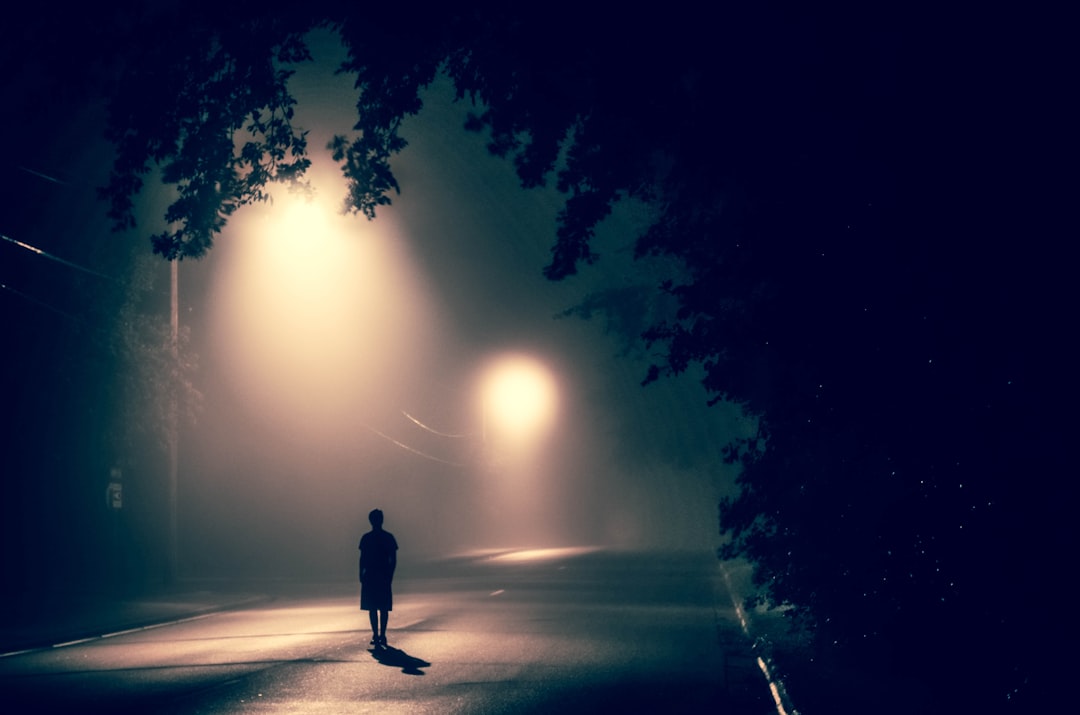Is Loneliness One of the Greatest Killers of Our Time?
It's all around us, yet there's a shame associated with loneliness which buries it

Ricky Martin was right when he sang Nobody Wants To Be Lonely. And yet here we are, a society that is becoming increasingly lonely.
Loneliness isn’t restricted to being alone. Even surrounded by people, we can feel alone. I have certainly been in this position before. And truthfully, the last few years have brought many pangs of loneliness into my life. I suspect many of you feel similarly.
COVID-19 has showered many people with sensations of loneliness.
The Campaign to End loneliness defines loneliness as:
Loneliness is a subjective, unwelcome feeling of lack or loss of companionship, which happens when there is a mismatch between the quantity and quality of the social relationships that we have, and those that we want (Perlman and Peplau, 1981)
Please note the use of the word “subjective” here. We are all different, and we each experience loneliness in different ways.
The health implications of loneliness
Loneliness harms our physical and mental health, s…



